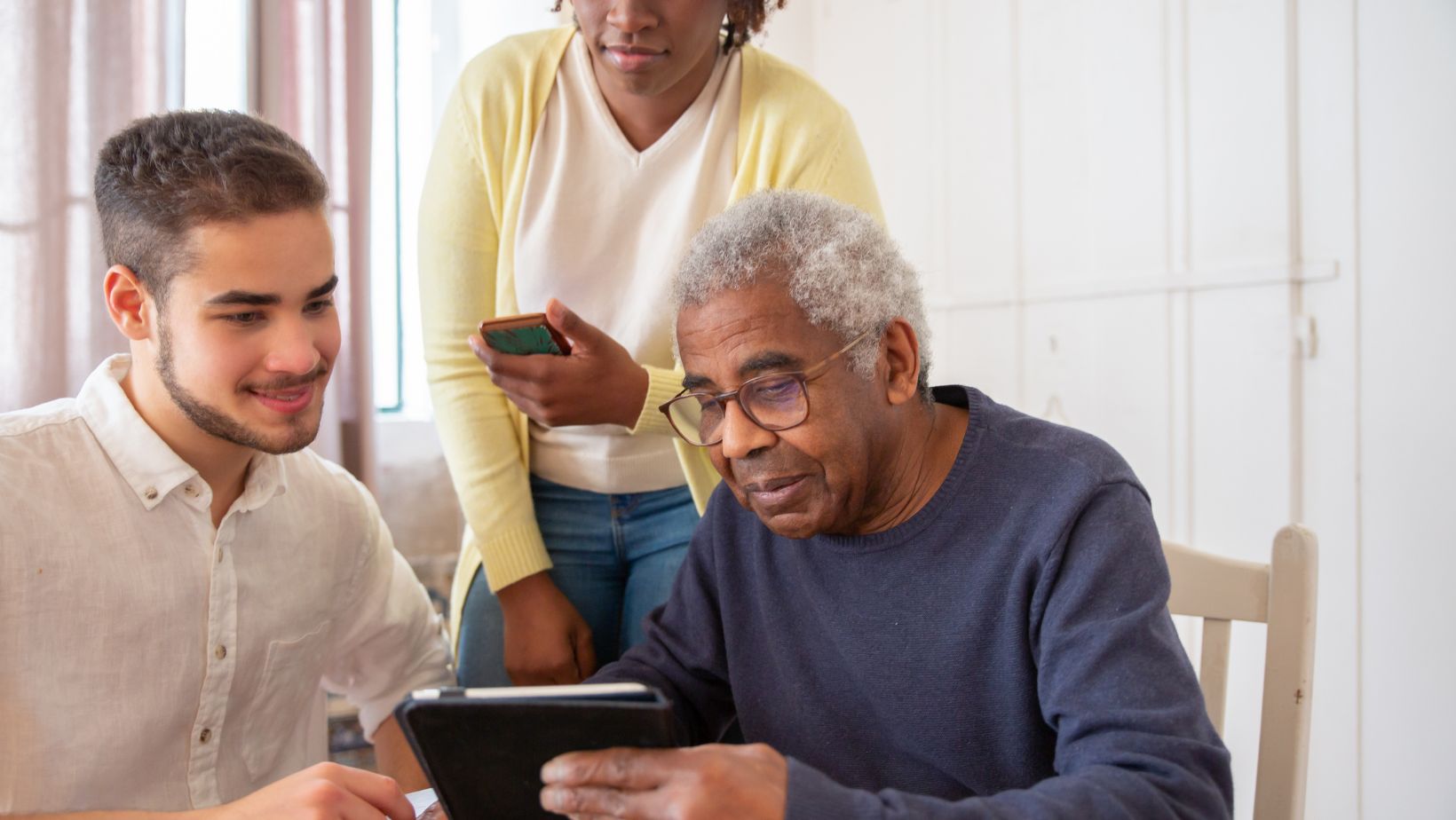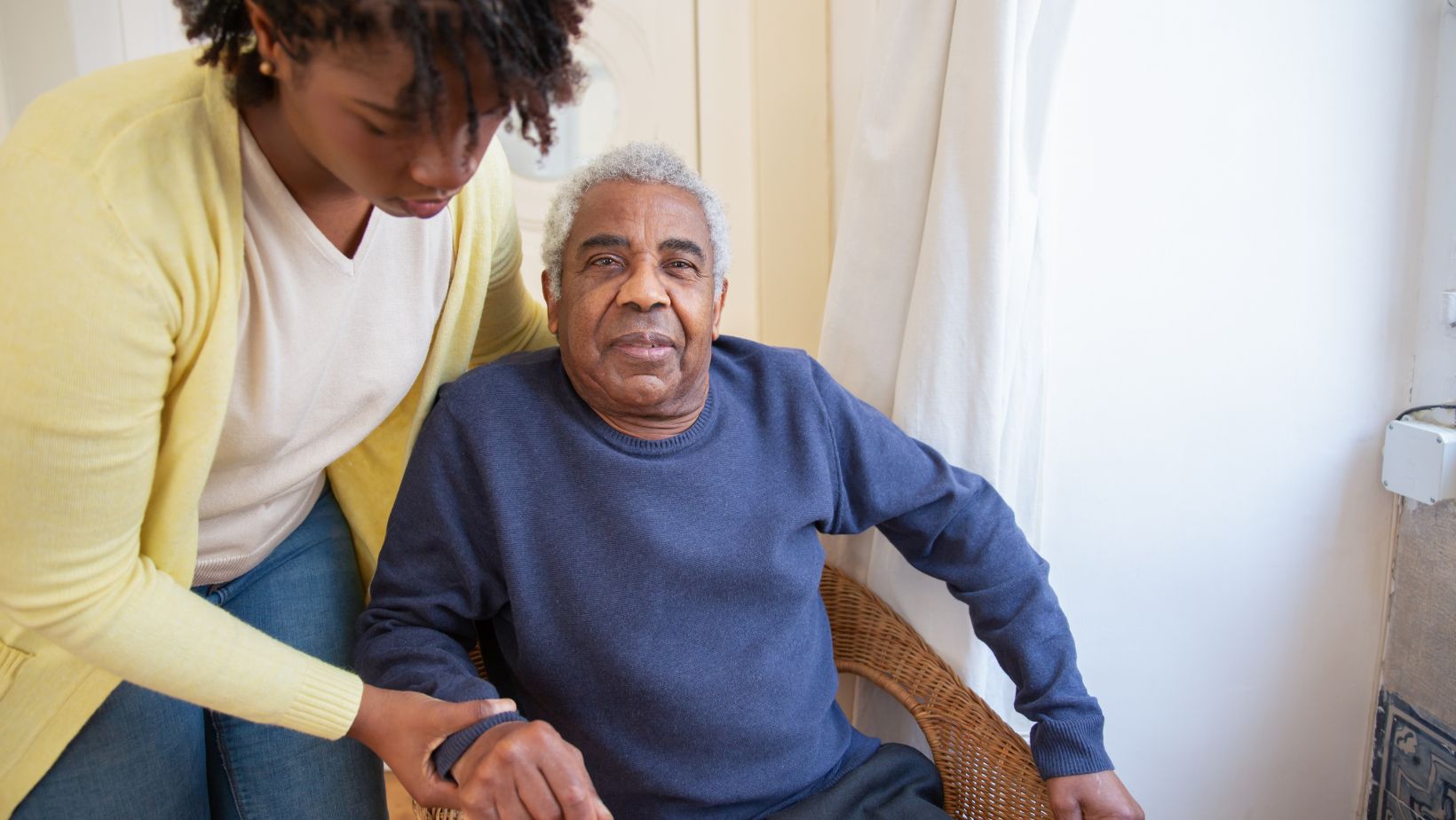Aging is an inevitable part of life, and as our loved ones grow older, their needs inevitably change. Many families must consider elderly home care. It ensures the comfort of aging relatives without moving them to a nursing home.
This guide offers a complete look at elderly home care. It covers everything from assessing needs to choosing the right care. Read on to learn more.
Understanding Elderly Home Care
Elderly home care includes services to help seniors live independently at home. It includes medical care, personal assistance, and emotional support.

The main goal is to keep elderly people safe, healthy, and happy. We also want them to feel independent.
Assessing the Needs of Your Loved One
It’s essential to assess the specific needs of your elderly relative. Consider factors such as mobility, medical conditions, cognitive abilities, and personal preferences. This assessment will guide you in determining the level of care required and the type of services for seniors needed.
Types of Elderly Home Care Services
Elderly home care services can be broadly categorized into medical and non-medical care. Medical care includes services like medication management, wound care, and physical therapy. Non-medical care encompasses daily living activities such as :
- bathing
- dressing
- meal preparation
- companionship
Understanding the distinctions between these services will help you choose the right care plan.
Choosing the Right Home Care Provider
Selecting a reliable and compassionate assisted living facilities are crucial. Start by researching local agencies, reading reviews, and asking for recommendations from friends and family. Ensure that the caregivers are licensed, trained, and experienced in elderly care.
Cedarburg’s leading assisted living community will do thorough background checks. They will create a care plan tailored to your loved one’s needs.
Financial Considerations for Home Care
Home care can be expensive, so it’s important to understand the financial aspects. Explore options like long-term care insurance, Medicare, Medicaid, and veterans’ benefits.
Additionally, some programs offer financial help to help cover the costs of home care services for senior. Creating a budget and exploring all available resources can ease financial stress.
Creating a Safe Home Environment
Safety is paramount in elderly home care. Conduct a thorough assessment of the home to identify potential hazards. Install grab bars in the bathroom.

Ensure proper lighting. Remove tripping hazards. Make changes to accommodate mobility aids. A safe environment reduces the risk of accidents and enhances the overall quality of life.
The Role of Family in Elderly Home Care
Family members play a significant role in elderly home care. Their involvement can provide emotional support and ensure that the senior feels loved and valued.
Yet, it’s essential to strike a balance between caregiving responsibilities and personal well-being. Consider respite care options to give family caregivers a break and prevent burnout.
Emotional Well-being and Social Interaction
Maintaining emotional well-being is as important as physical health. Encourage social interaction and meaningful activities that bring joy and fulfillment.
Arrange regular visits from friends and family, engage in hobbies, and consider joining local senior groups. Emotional support significantly contributes to the overall happiness of elderly individuals.
Understanding the Elderly Home Care
Elderly home care is a complex, rewarding task. It needs careful planning and dedication. By understanding the needs of your loved one, choosing the right care services, and creating a safe and supportive environment, you can enhance their quality of life.
Remember, you are not alone on this journey. Reach out to professional caregivers, support groups, and resources to ensure the best possible care for your elderly relative.
For more helpful tips, check out the rest of our site today.

























